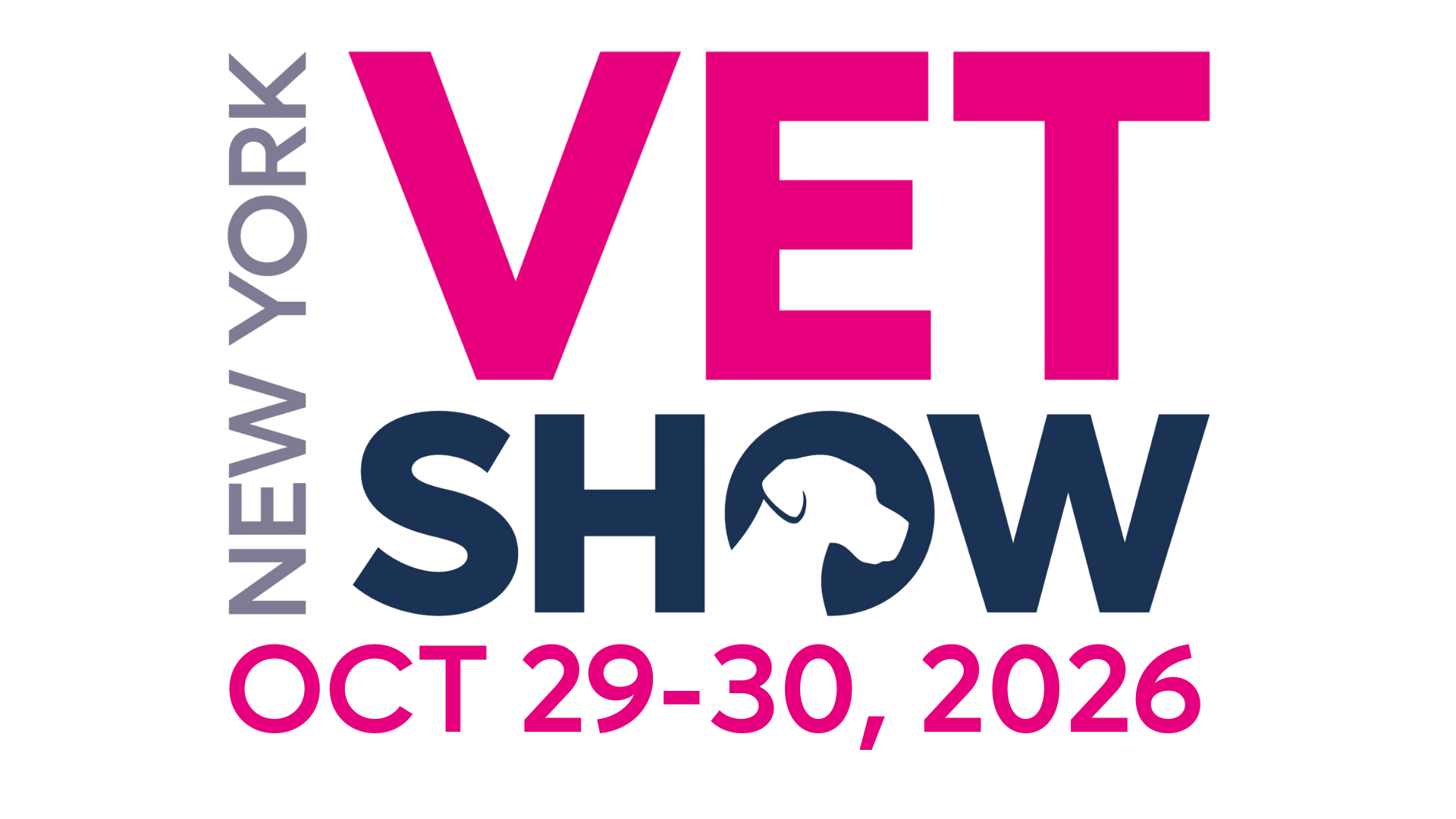But It's My License! Understanding Where the Risks Are (and Are Not) With Complaints to the NYS Board for Veterinary Medicine
A veterinary license is one of a professional's most valuable possessions, indispensable for practicing the profession regardless of education or experience. While license revocation or suspensions are rare, facing a formal complaint can be stressful, time-consuming, and carries the risk of substantial fines. Few veterinarians face investigation by the NYS Office of Professional Discipline in their careers and fewer still discuss it with their peers, adding to the mystery and the fear of sanction.
This session focuses on the process in New York State for managing client complaints against licensees, the role of investigators, prosecutors and members of the Board for Veterinary Medicine. In every case, actions by licensees are judged by experienced practitioners in light of real-world standards of practice. In addition, we'll review mitigation strategies around client communication that can help you avoid formal complaints.
- 1. Describe the structure of the regulatory environment for veterinary practice in New York State, including the roles of the NYS Education Department (NYSED) and the NYS Board for Veterinary Medicine (NYS BVM),
- 2. Identify and implement preventative measures to mitigate the risk of professional misconduct complaints, understanding that complaints predominantly originate from consumers due to communication lapses.
- 3. Apply strategies such as effective, non-defensive client communication, expressing empathy, maintaining complete medical records that detail the chief complaint and treatment plan, and adhering to an appropriate standard of care.
- 4. Outline the formal steps of the professional misconduct disciplinary process and evaluate potential resolution pathways






